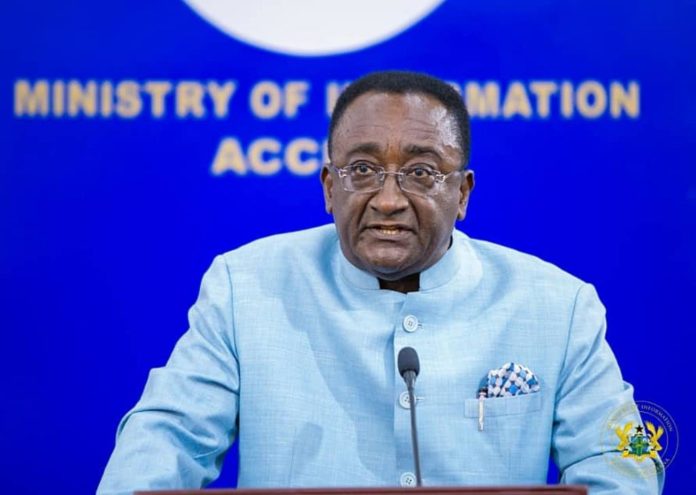The Minister of Food and Agriculture, Dr. Owusu Afriyie Akoto, has announced plans to establish the Grains Development Authority, among others to further the development and regulation of the market for the produce.
The Grains Development Authority, which will replace the Grains and Legumes Development Board (GLDB) set up in the 1970s, is expected to have a wider mandate to absorb most of the functions that have been abdicated by the current Board.
The mission of GLDB is to produce and distribute good quality foundation seeds of cereals, legumes, and vegetable seeds as well as vegetatively propagated planting materials of cassava, plantain, yam, and citrus seedlings.
But with Ghana making substantial gains in the grains sub-sector, Dr. Afriyie Akoto assured that the creation of the Authority would be a major boost to the export market and also help put in place price control measures. To this end, he observed that various stakeholder consultations have been done while waiting to table the idea before Cabinet for approval, and subsequently Parliament.
The proposed Authority is hoped to contribute significantly to complement the achievements being realized under the government’s flagship agricultural programme – Planting for Food and Jobs (PFJ), introduced in 2017. “We are building institutions to underpin the gains that we have made,” he stated.
Dr. Afriyie Akoto, who was speaking at a press engagement in Kumasi on agric sector developments, indicated that add some other authorities would be proposed to cover some other areas of the sector.
The Ministry of Agric, he mentioned, is keen on ensuring that Ghana becomes the food basket of West Africa, having exported over 130,000 metric tons of 19 food items to neighboring countries, in 2019. Against this background, he dunked speculations by some leading members of the opposition political parties that the country would experience a food crisis in the coming years.
Dr. Afriyie Akoto, for instance, disclosed that Ghana is a net exporter of maize, with the volumes of production still increasing. “Maize production has gone from 1.8 million tons to 3 million metric tons in 2020. Our target is to double that to 6 million metric tons in the next two or three years because the farmers are showing keen interest in the programme that we have put together.”
He acknowledged that Ghana is on course to becoming self-sufficient in rice production, latest by 2024, and targeting 1 million metric tons of soya








